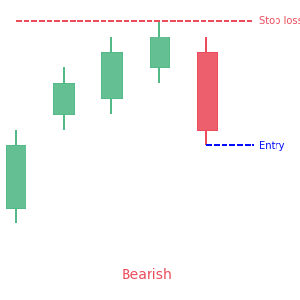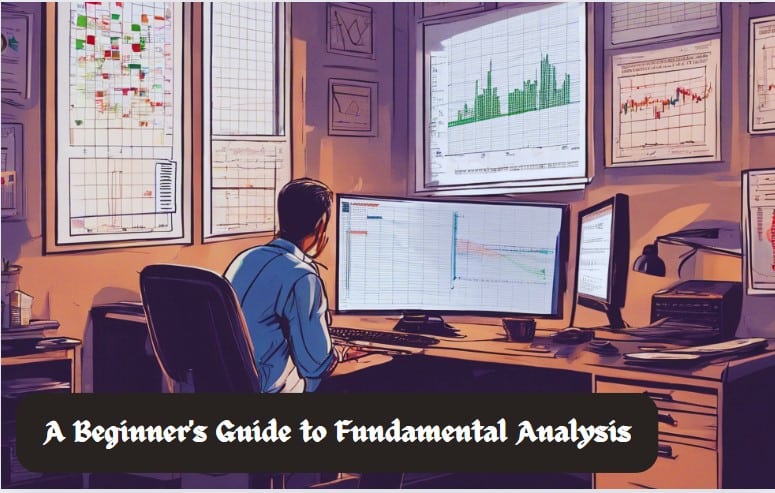Before one can start investing in share market, he/she needs to have a fair knowledge about the various factors under this market. An initial public offering, known as an IPO, is a procedure whereby companies list shares for the first time on an exchange. Later, these companies can trade in what is known as the share market.
These shares are bought by investors, enabling the corporation to raise capital for corporate expansion. Following this, investors can trade these equities among themselves. A small portion of a publicly traded firm is what an investor buys and sells shares.
Who are its participants?
The securities market acts as a venue where investors can trade securities and this trading is made easier with the help of stock exchanges.
- SEBI: Trading and investing in share market in India is regulated by a statutory organization – Securities and Exchange Board of India (SEBI), SEBI’s primary responsibilities include promoting and regulating the securities market as well as safeguarding the interests of investors in securities.
- Stock Exchange: Two well-known exchanges that facilitate the selling of shares and the investing in share market are National Stock Exchange (NSE) and the Bombay Stock Exchange (BSE). It is the platform which operates the share market and processes the trading of securities. This shows how the stock exchange operates.
- Investors: An investor purchases shares to become a partial owner of the company. Their main goal is to minimize the risk factor and maximize the profit.
- Share Brokers: A share broker acts like an intermediary and forwards the order to the exchange to execute the buy and sell orders for the investor in exchange for a brokerage.
How do the share prices work?
The forces of supply and demand play a significant role in determining share values. The number of shares people want to buy is called demand, whereas the number of shares people want to sell is called supply. Demand and supply must be in balance for a price to be discovered, meaning that both the buyer and the seller must agree to trade at that price.
An uptrend is a continuous price increase, whereas a downtrend is a continuous price decrease. The terms “bull” and “bear” markets are used to describe long-term trends in the market direction.
What are the different types of markets?
The two types of markets are:
1. Primary Market:
Companies register themselves in the primary market to issue their shares and raise capital for investing in share market. This procedure is often referred to as Stock exchange listing. When a firm sells shares for the first time, it is known as an initial public offering (IPO). This goal of joining the primary market is to raise money. The company now becomes a public entity because it has issued shares to the public.
2. Secondary Market:
Now that the company has been listed in the market, its shares can be traded (Bought and sold) freely among investors. Investors engage in this activity by purchasing from and selling to one another at an agreed price. A broker is a middleman who facilitates the trade.
Understanding how the share market works
Investing in share market follows a series of steps.
Understanding of the platform
A stock exchange can be considered as the platform used to conduct the buying and selling of financial instrument like derivatives and shares. The Securities and Exchange Board of India supervises the operations of the share market. To conduct trading, participants must register themselves with SEBI and the stock exchange. Brokering, issuing of shares by corporations and other trading operations are part of market operations/activities.
Company listing into the secondary market
The company first lists itself into the primary market through the initial public offering. After the companies have successfully completed their IPO, the shares can be allowed to trade in the secondary market. Thus, investors can start investing in share market according to their preference.
Stock brokers
It is difficult to collect thousands of investors together while trading. Thus, to make the process easier, Stock brokers and brokerage firms have been introduced. These entities register themselves with the stock exchanges. Thus, when an investor starts investing in share market to buy shares, the transaction takes place through the broker.
Passing of the order
When an investor buys a share, the order is passed from the broker to the stock exchange. There, the order is matched for the sell order. Before passing of the order, a seller is matched with the investor’s order before the trade can be executed.
Settlement
Settlement is the process through which the exchange facilitates the transfer of ownership of the shares. The exchange verifies the specifics once the investor decides on a price to make sure there was no default in the transaction. Once this happens, they get a notice. Several parties, including the brokerage order department, traders on the exchange floor, etc., are involved in the communication of this message.
The settlement process takes T+2 days. As a result, if an investor buys shares today, the shares will appear in their Demat account within two working days.
Concepts to learn about investing in Share Market
1. Business cycle:
This cycle mimics an emotional cycle in which market dread is followed by market greed and then by fear again. When fear is at its height—that is, when the economy is in a recession and equities can be purchased for a bargain—that is the optimum time to buy shares. On the other hand, when the economy is booming, share values rise, it enables traders to sell their shares for a profit.
2. Diversification:
Investing in a variety of shares can help in diversifying one’s portfolio. It is ideal, especially for investors who want to reduce volatility.
3. Price of a share:
The price of a share refers to the amount that an investor will have to pay while buying a share. Before buying a share, an investor must assure that it is not over-priced or under-priced.
4. Traders’ knowledge about buying and selling:
Share brokers carry out ‘Limit Orders’ provided the price matches with the trader’s price. Similarly, a Stop-loss order is given to the share broker to restrict too much loss in a trade and exit position when it reaches a particular price point.
Start investing in share market with SMIFS and become a part of the trend. SMIFS provides its clients with free demat account. Besides this, they also get stock recommendations from our research team along with free call-n-trade services.









